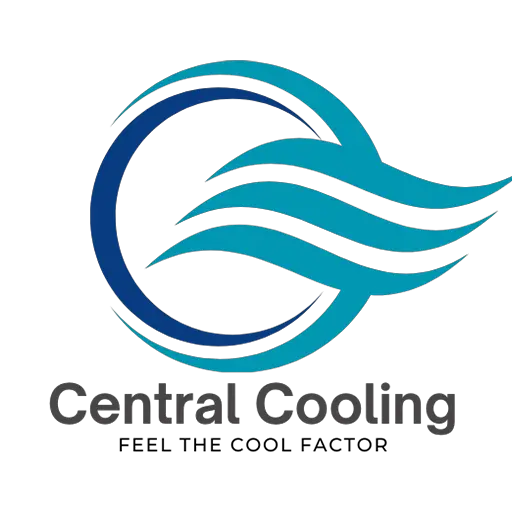Introduction
Ensuring a warm and cozy home during winter requires strategic approaches to optimize your heating system. Not only does this contribute to budget savings, but it also aligns with environmental responsibility. The winter months can be harsh, both on your comfort and your budget, but by adopting below mentioned heat conserving tips, you can combat high heating bills, minimize air pollution, and create a healthier living environment.
Tips for Conserving Heat
1. Weather-stripping:
Addressing air leakage is crucial to minimizing energy loss. Weather-stripping involves adding a layer of rubber or silicone to door frames, window frames, and cracks in walls, creating a barrier against cold air. This simple, cost-effective solution helps retain conditioned air and can be easily installed with basic tools.
2. Upgrading to Newer Systems:
Older furnaces in homes not only contribute to higher utility costs but also pose environmental risks. Systems over 10 years old are typically less efficient and emit higher emissions. Upgrading to a newer, eco-friendly heating system can lead to substantial utility bill reductions and environmental benefits.
3. Close the Damper:
Fireplaces with open dampers can result in unnecessary heat loss when not in use. Closing the damper when the fireplace is inactive prevents warm air from escaping, promoting a more energy-efficient home. This simple step ensures that your heating efforts aren’t being wasted.
4. Using Maximum Sunlight:
Leverage natural sunlight during the day by keeping curtains open. This allows your home to naturally warm up, reducing the need for artificial heating. Close curtains in the evening to retain the accumulated heat. This balance optimizes energy usage and maintains a comfortable indoor temperature.
5. Reduce Water Heating Costs:
Enhance the efficiency of your hot water heater by adjusting the temperature to 120 degrees Fahrenheit or considering a switch to a tankless water heater. These measures can result in significant annual savings and contribute to a more sustainable home.
6. Replacing Air Filters:
Regularly replacing air filters, at least every three months, is a crucial yet often overlooked maintenance task. Dirty or clogged filters force heating systems to work harder, consuming more energy. Proactive filter replacements ensure optimal airflow, reducing energy usage and associated costs.
7. Ductless Mini-Split Heating System:
Address uneven heating issues by installing a ductless mini-split heating system. This system allows individual temperature control in different rooms, evening out temperature fluctuations. Easy to install without extensive modifications to your home’s structure, it offers efficient zonal heating.
8. Insulate Window Frames:
Improve window efficiency by insulating frames. Cover windows with clear plastic sheets, seal gaps with tape, and use cotton or fiberglass insulation between curtains or blinds and window frames. Caulking cracks around the window’s interior perimeter further enhances insulation.
Quick Tips for Improving Home Efficiency:
– Install energy-efficient appliances.
– Keep the furnace at least two feet away from outside walls.
– Use cold air return vents strategically to circulate cooler air evenly.
Conclusion Heat Conserving Tips
Efficient home heating is achievable through practical measures that not only enhance comfort but also contribute to environmental sustainability. Whether it’s weather-stripping, upgrading heating systems, or insulating window frames, these steps can make a significant impact.
Disclosure: We may get commissions for purchases made through links in this post.








